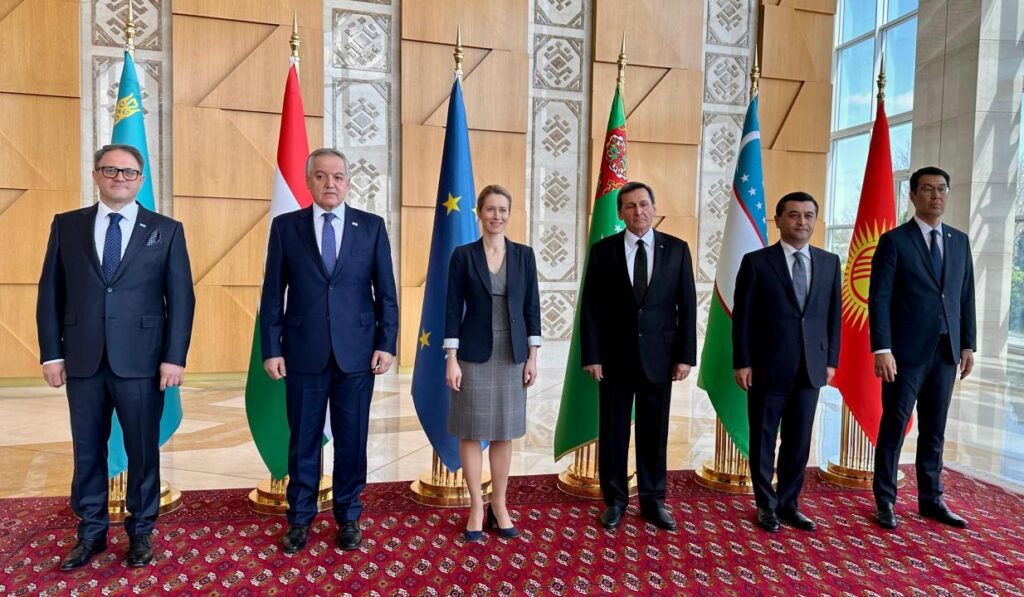Amid Global Unrest, the Trans-Caspian Corridor Faces a Crucial Test
The COVID-19 pandemic, geopolitical conflicts, and the ongoing shipping crisis in the Red Sea caused by Houthi attacks have severely disrupted global trade and logistics. These events have exposed the vulnerabilities of traditional supply chains and underscored the urgent need for diversification. For countries along the Trans-Caspian International Transport Route (TITR), this presents a unique opportunity to solidify the corridor’s position as a key global logistics artery. But are they prepared to capitalize on this moment, and can the existing infrastructure sustain the rising flow of cargo? Integration and Infrastructure in Focus For landlocked nations, the value of an efficient overland route cannot be overstated. The development of the Trans-Caspian route depends on synchronized multimodal logistics, the elimination of infrastructure bottlenecks, the implementation of digital solutions, expedited customs procedures, and a transparent tariff policy. Experts note that the TITR has evolved from a transport project into a strategic initiative. Its future growth hinges on the quality of intergovernmental coordination. In the past five years, transit volumes along the route have increased sixfold. The upward trend continues in 2025, with 2.6 million tons transported by rail in the first ten months alone. More than 400 types of goods now move along the corridor, including high-value items such as vehicles, electronics, clothing, and textiles. These products, which require timely delivery, signal the route’s growing integration into global supply chains. Demand from Chinese shippers is also rising, with shipments expanding beyond China’s interior to include Southeast Asian countries. At the VII International Transport and Logistics Business Forum “New Silk Way,” Wang Lixin, Deputy Director General of China Railway, announced a new route under development: Southeast Asia-China-Central Asia-Europe. Bottlenecks That Threaten Growth A comprehensive audit conducted in mid-2025 revealed key barriers to expansion. In Kazakhstan, the primary constraint is railway capacity, currently limited to 12 container trains per day. National rail operator KTZ plans to raise this to 20 by 2027 through upgrades and new construction. The maritime segment, particularly the Caspian Sea, remains a persistent risk. Aktau port can currently handle five trains, but the completion of the second phase of its container hub is expected to raise this to eight. The first phase alone will boost capacity by 140,000 TEU this year, bringing the port’s total capacity to 240,000 TEU. However, falling water levels in the Caspian pose a serious challenge. In September 2025, Kazhydromet reported a drop to -29.31 meters off Kazakhstan’s coast, limiting shiploads and raising the threat of “shallow water restrictions.” In response, Kazakhstan has expedited dredging to restore design depths by the end of Q1 2026. Fleet shortages compound the issue. Kazmortransflot operates just three 350 TEU container ships and two dry cargo vessels. In January 2025, the company signed an agreement with Abu Dhabi Ports Group to build shallow-draft container ships with over 500 TEU capacity and larger ferries. KTZ also plans to acquire six vessels (up to 9,000 tons deadweight) by 2027. Challenges in Azerbaijan and Georgia The western segment of the route faces similar constraints....






